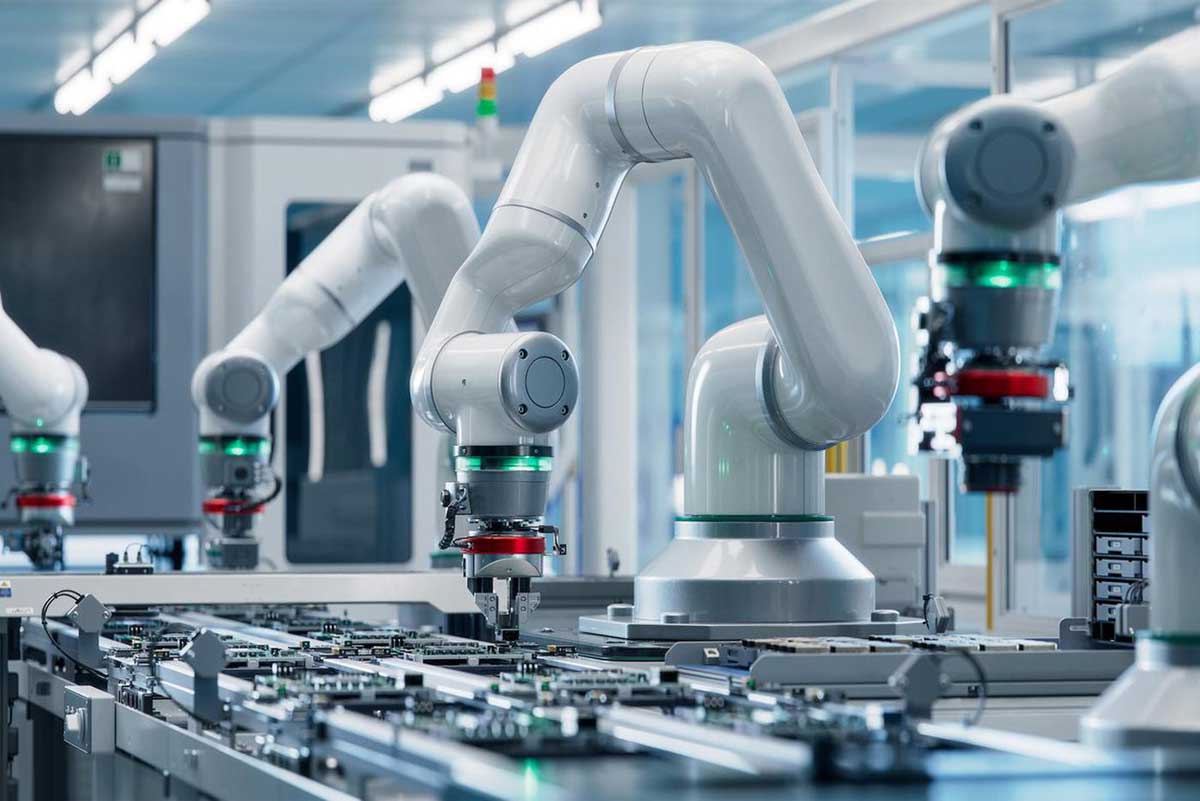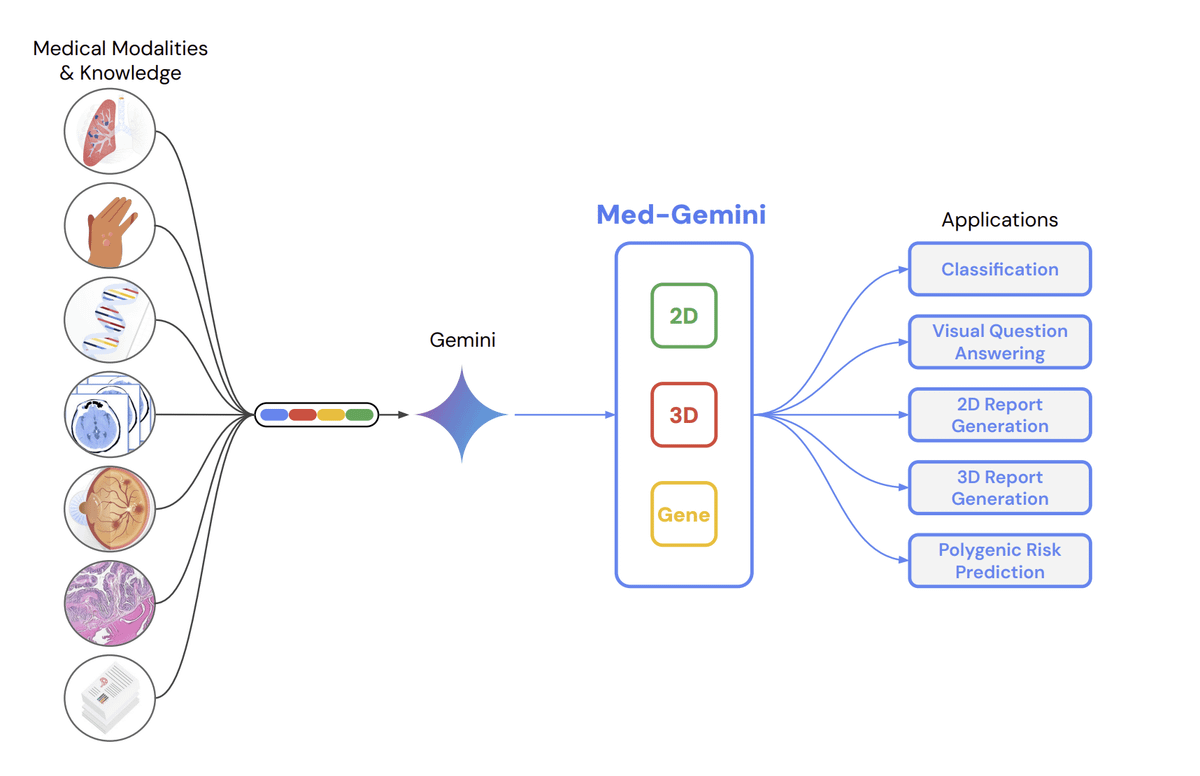Get ready for a revolution in chipmaking. Samsung Electronics, the South Korean tech giant, is making waves with its ambitious plan to build fully automated, AI-powered chip factories. This bold move aims to not only rival industry leader NVIDIA but also redefine the future of semiconductor manufacturing.
Imagine a factory floor devoid of human workers, where intelligent machines orchestrate every step of the chipmaking process. From wafer preparation to final testing, advanced AI algorithms will monitor and optimize production in real-time, ensuring flawless precision and unparalleled efficiency.
Why the AI Revolution?
The semiconductor industry is a cornerstone of modern technology, powering everything from smartphones and laptops to self-driving cars and artificial intelligence. However, traditional chipmaking is a complex and incredibly delicate process, prone to human error and susceptible to external factors.
Samsung’s vision is to eliminate these bottlenecks by leveraging the power of AI. Smart sensors embedded throughout the factory will collect vast amounts of data, feeding it into sophisticated AI models. These models will then analyze and optimize every aspect of production, from resource allocation to equipment maintenance.
The Benefits are Clear:
- Increased Yields: AI-powered factories can significantly reduce defect rates, leading to higher chip yields and improved profitability.
- Enhanced Efficiency: Real-time optimization by AI algorithms can streamline production processes, minimizing downtime and maximizing output.
- Greater Innovation: Freed from the limitations of traditional methods, AI can unlock new possibilities in chip design and manufacturing, paving the way for even more powerful and efficient processors.
The NVIDIA Factor:
Samsung’s AI-powered factories are a direct challenge to NVIDIA’s dominance in the high-performance computing market. NVIDIA has long been a leader in AI chip development, but Samsung’s ambitious move could disrupt the established order.
The Road Ahead:
While the concept of fully automated chip factories is exciting, there are still challenges to overcome. Developing the necessary AI technology and integrating it into complex manufacturing processes will require significant investment and expertise.
However, Samsung’s track record of innovation and commitment to R&D suggests they are well-positioned to lead the charge. If successful, this moonshot project could not only reshape the semiconductor industry but also usher in a new era of AI-powered manufacturing.
This is not just about chips; it’s about the future. Samsung’s bold vision for AI-powered factories has the potential to revolutionize not only the tech industry but also the way we live and work. As the race to the future heats up, keep your eyes on Samsung – they might just be the ones to cross the finish line first.






Leave A Comment